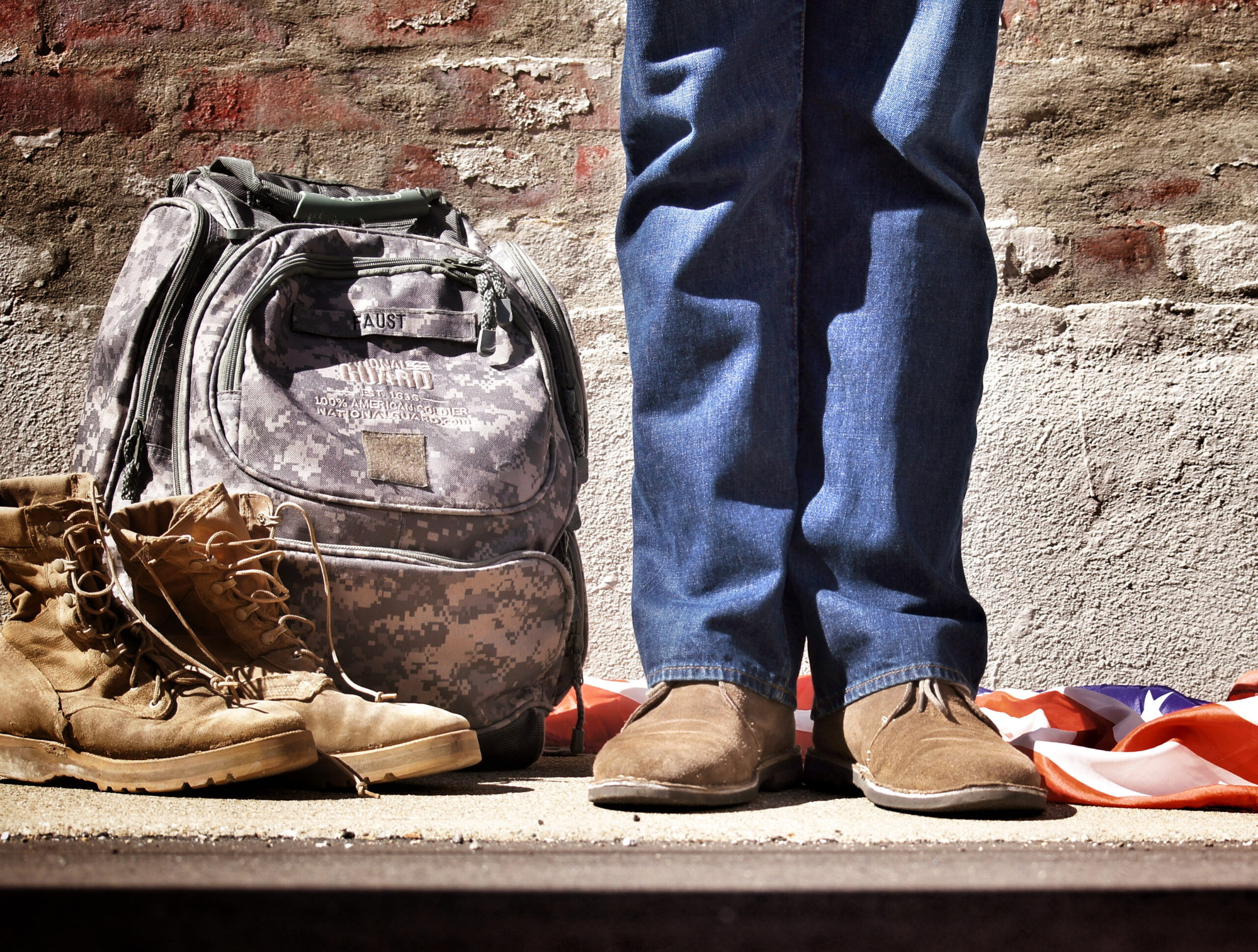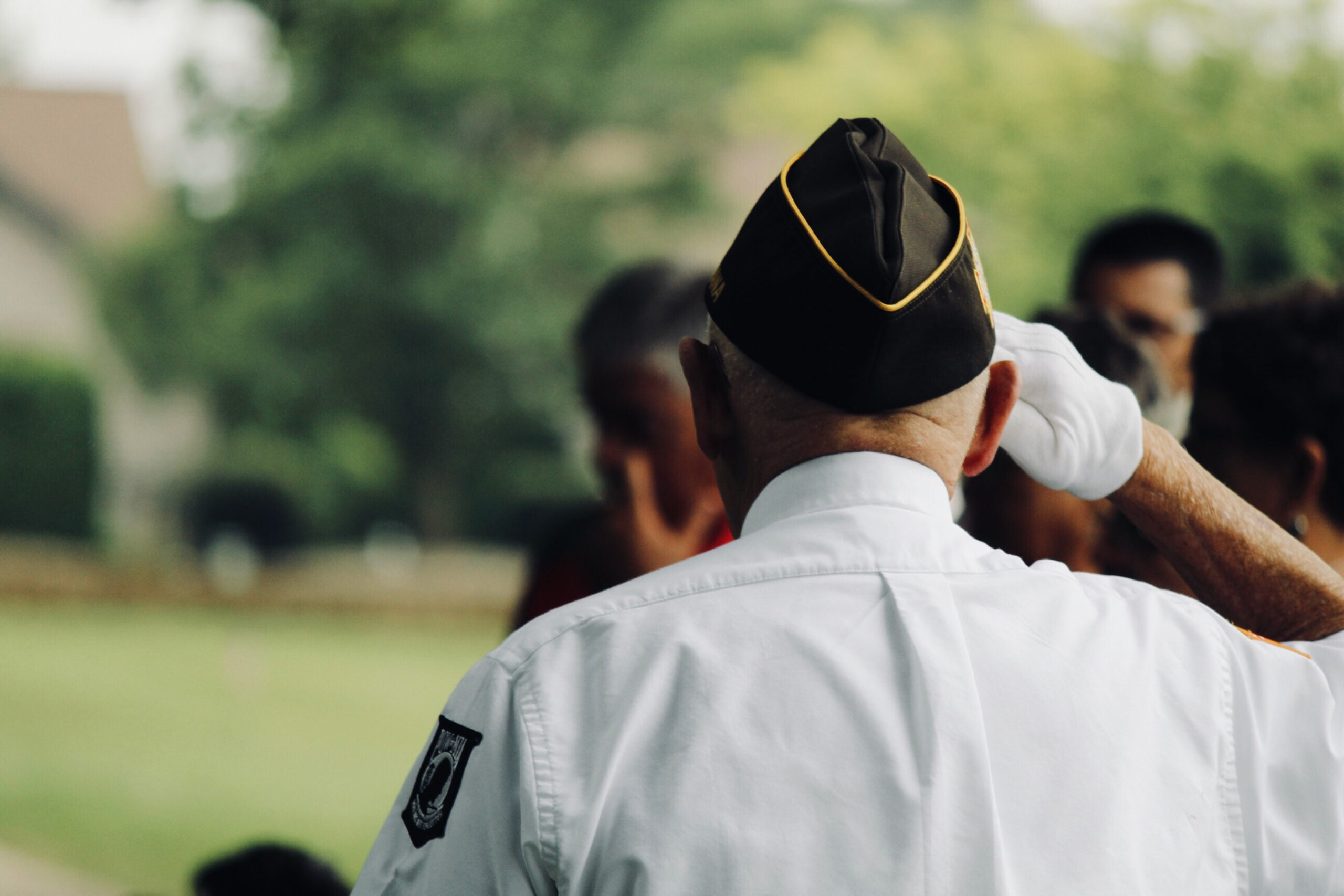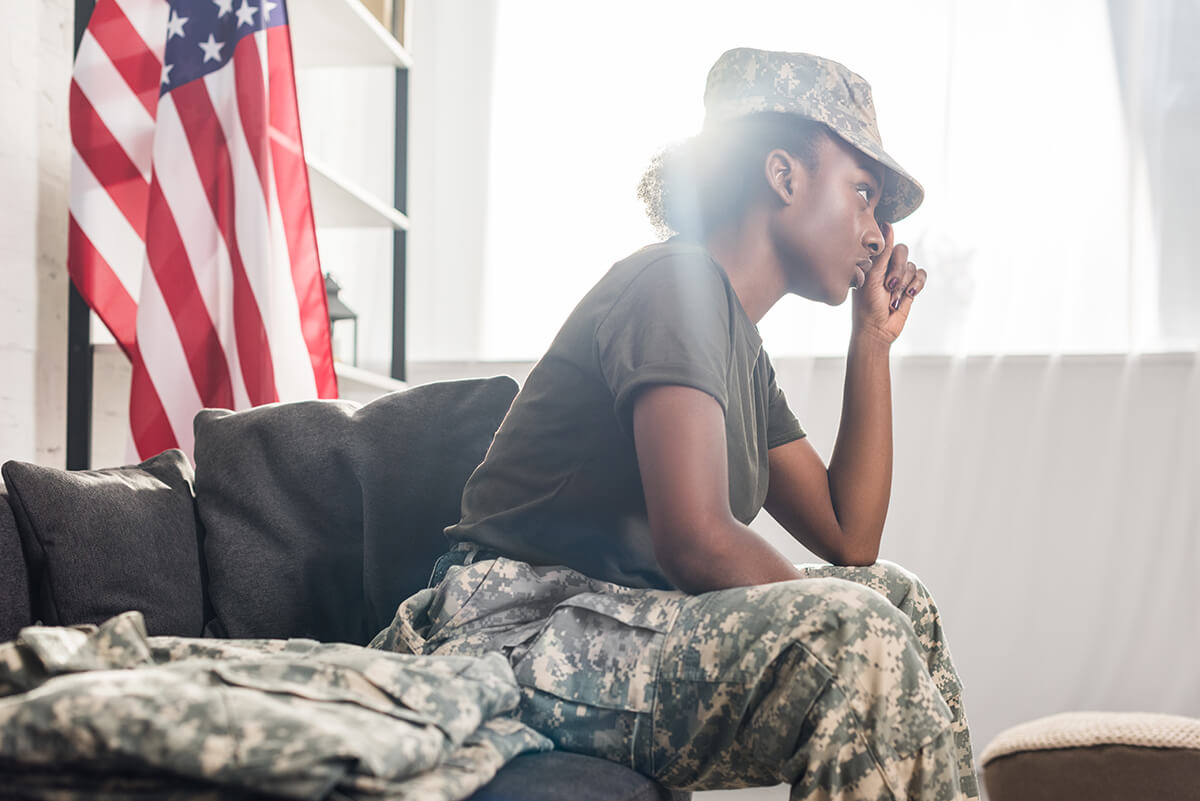Who We Serve
Center for Post Traumatic Growth
People of Service: Roles and Responsibilities
When people enter into careers of service they take on responsibilities that their role in society and service demand. These roles and responsibilities can be at odds with their sense of self and moral values.
As one veteran put it… “I am two people, I am Joe, a son, a husband, and a father and I am a soldier. Sometimes what I have to do, or cannot do as a soldier, hurts me as a person. I would have taken a totally different action or made different choices if I was Joe in that same situation.”
Have you been placed in situations in which you wanted to act in a particular way, but were unable to take that action due to constraints of your role or prescriptions by your institution?
This then foments the seeds of Moral Injury. Moral Injury becomes an inevitability given the divergent expectations of their moral values and the responsibilities of their roles as people of service.
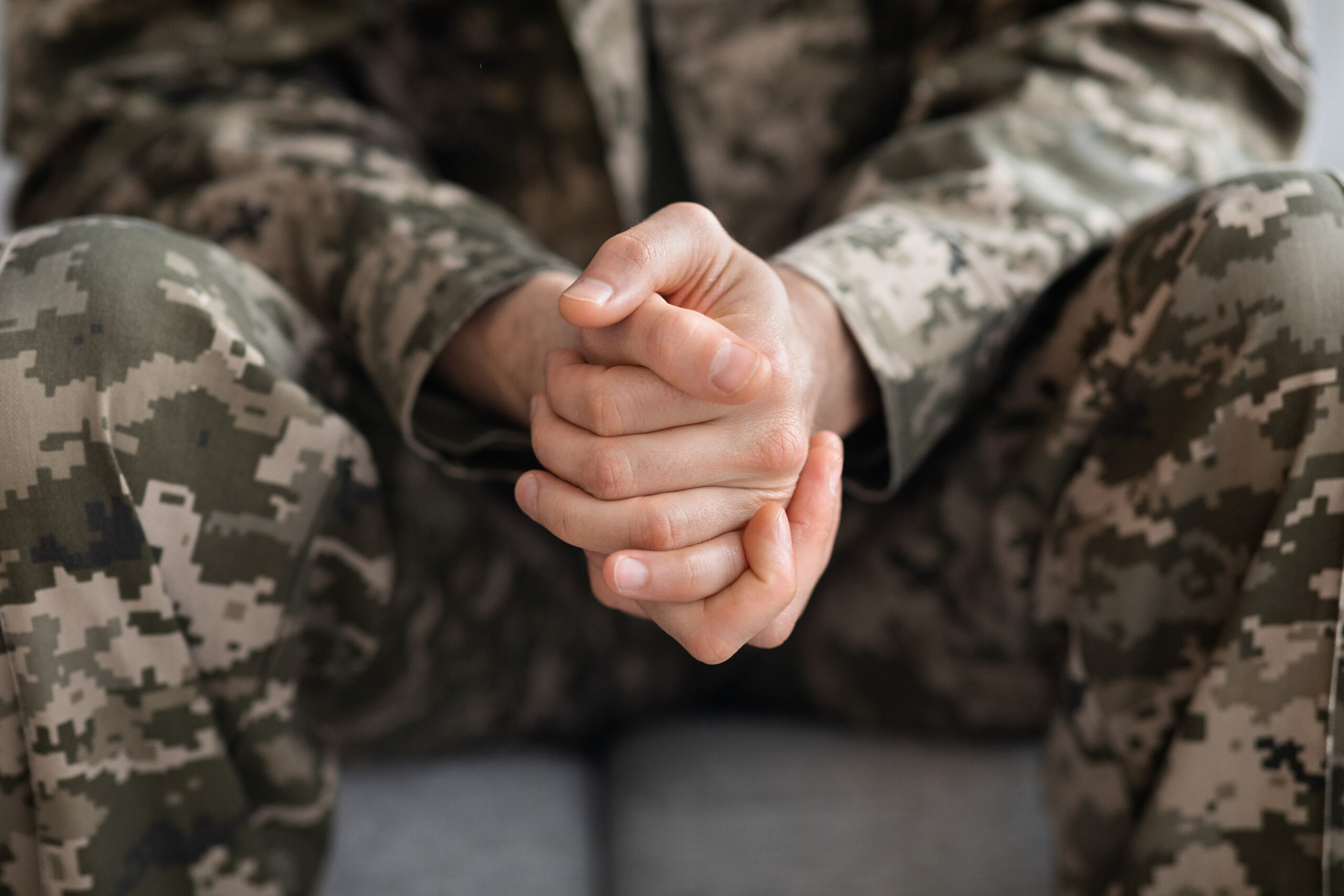
Veterans
The group therapy programs offered by the have been developed by listening to the nearly CPTG 10,000 veterans we have treated who suffered from military-related trauma and moral injury over the last 2 decades. In addition to veterans of all eras, the CPTG now has expanded to treat other populations who suffer from PTG and Moral Injury.
Learn More About Our Group Therapy Programs here
First Responders
First Responders put themselves in harm’s way each day. When most try to avoid danger and trauma these brave men and women fight against the human impulse to protect themselves and instead choose to face life-threatening events head on. We recognize that these men and women are not invincible and struggle with the same post-traumatic stress responses and moral injury as our military and veteran populations. We recognize that for our first responders, they are “in combat” in their own communities, living in the communities where they respond to shootings, horrific accidents, suicides, murder, cruelty, child, elder, and animal abuse, domestic violence, poverty, and chaos… They can be called to different traumatic situations on the same shift with little to no break in between. Their trauma triggers may exist all around them.
The Center for Post Traumatic Growth understands that addressing PTSD and Moral Injury in our First Responders is part of our core mission in bringing healing and recovery to people of service. This requires a community approach to addressing trauma; offering our PTS & MI Group program, which is tailored to the specific needs of emergency medical, general medical, and fire department personnel.
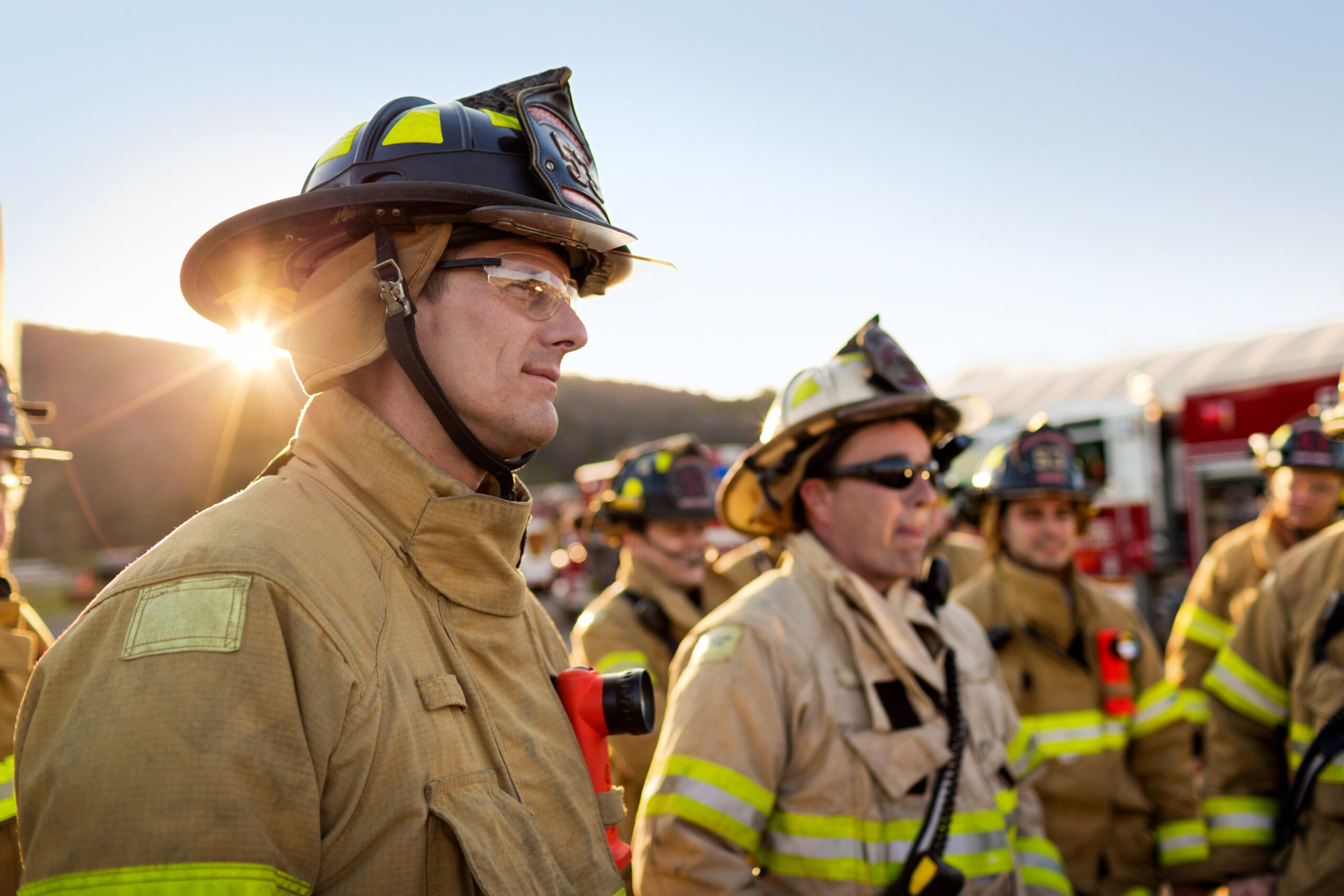
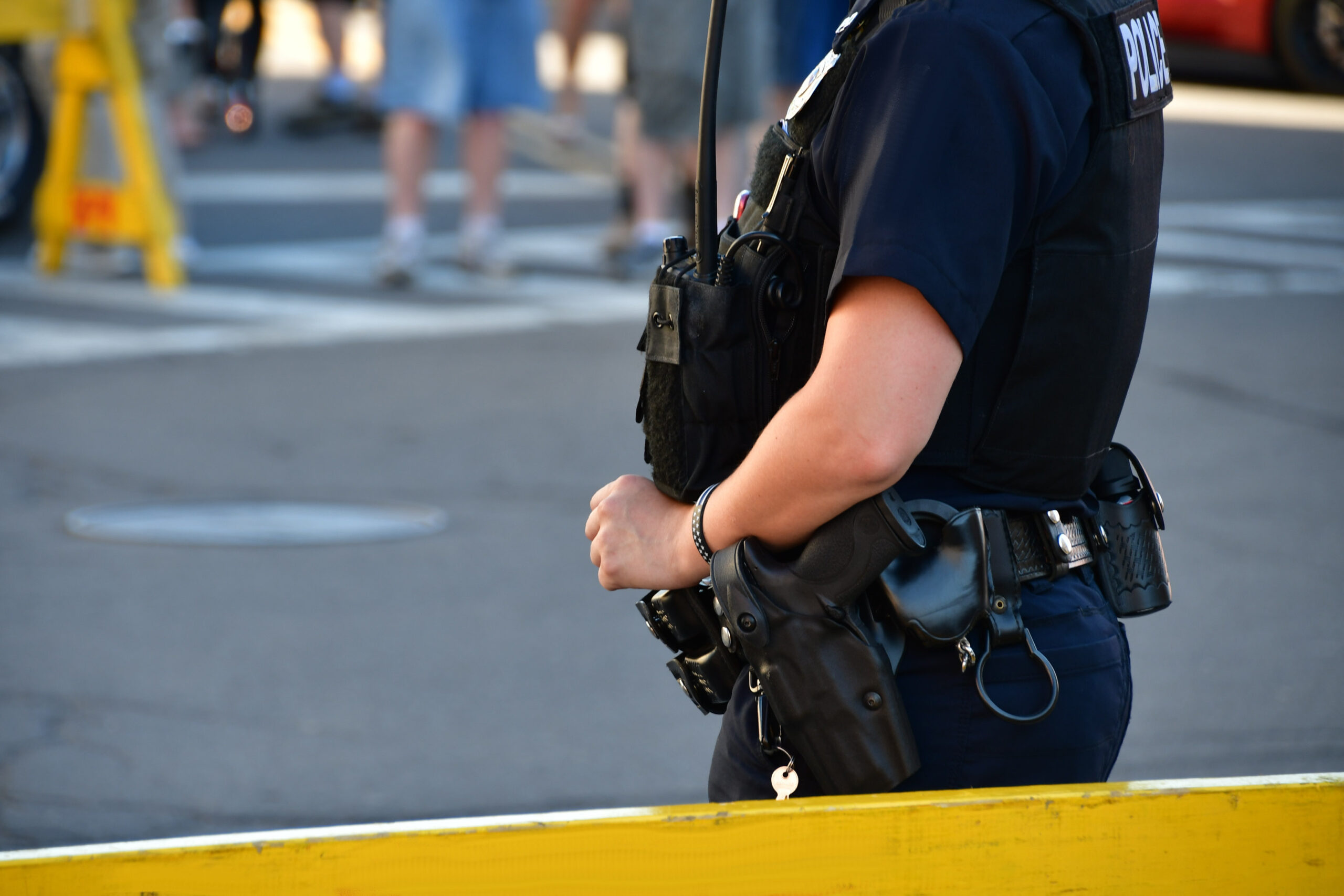
Military Sexual Truama, Betrayal, and Moral Injury
The trauma of betrayal is inherent in MST. Those with whom you serve, as well as those in command, are supposed to be the people who “have your back.” MST includes experiences of both individual and systemic betrayal. Military service members rely on each other for their safety and survival. They rely on their leadership for direction, food, supplies, when to sleep, where to be, etc… All of this leads to strong attachments to those you serve with and dependence on those in charge. Due to the high level of interpersonal and systemic betrayal of MST, the impacts can be greater for survivors psychologically, relationally, morally, and physically.
A therapeutic relationship where mutual empathy and empowerment are present can provide an antidote to the person’s previous, often disempowering, environments. Treating Military Sexual Trauma, Chapter: Came to Serve, Left Betrayed: MST and the Trauma of betrayal, Reihardt, KM, Smith, CP, Freyd, JJ
Traumatic Bereavement
Traumatic Bereavement encompasses the grief response leading to healing and recovery as a victim or witness to human trauma and loss. Very often the proper and healthy grief process is misunderstood, suppressed, and/or delayed, only to resurface many years later. Post-traumatic stress symptoms and moral injury go unaddressed giving way to chronic depression, anxiety, and a loss of joy, which robs life. The Center for Post Traumatic Growth is committed to healing and recovery in its core program for individuals and for couples/families addressing the grief process in a way that allows for the safe expression of this misunderstood need.
